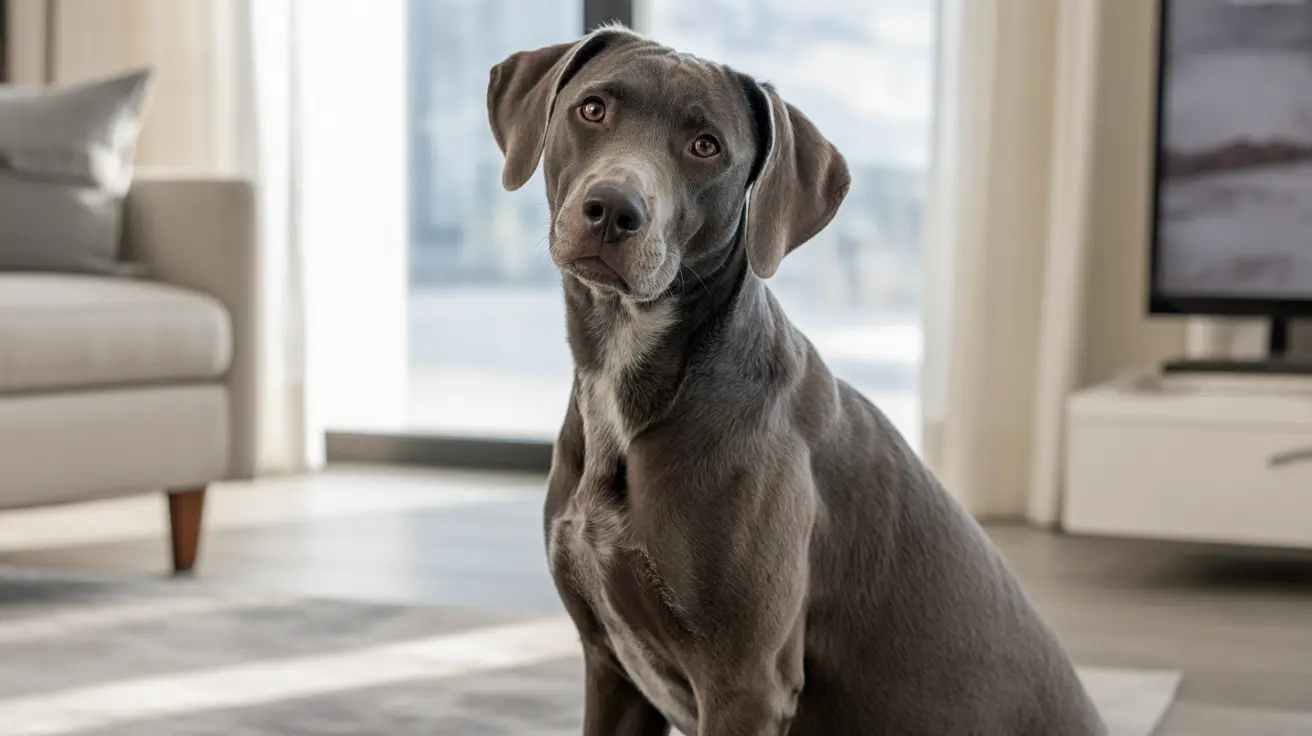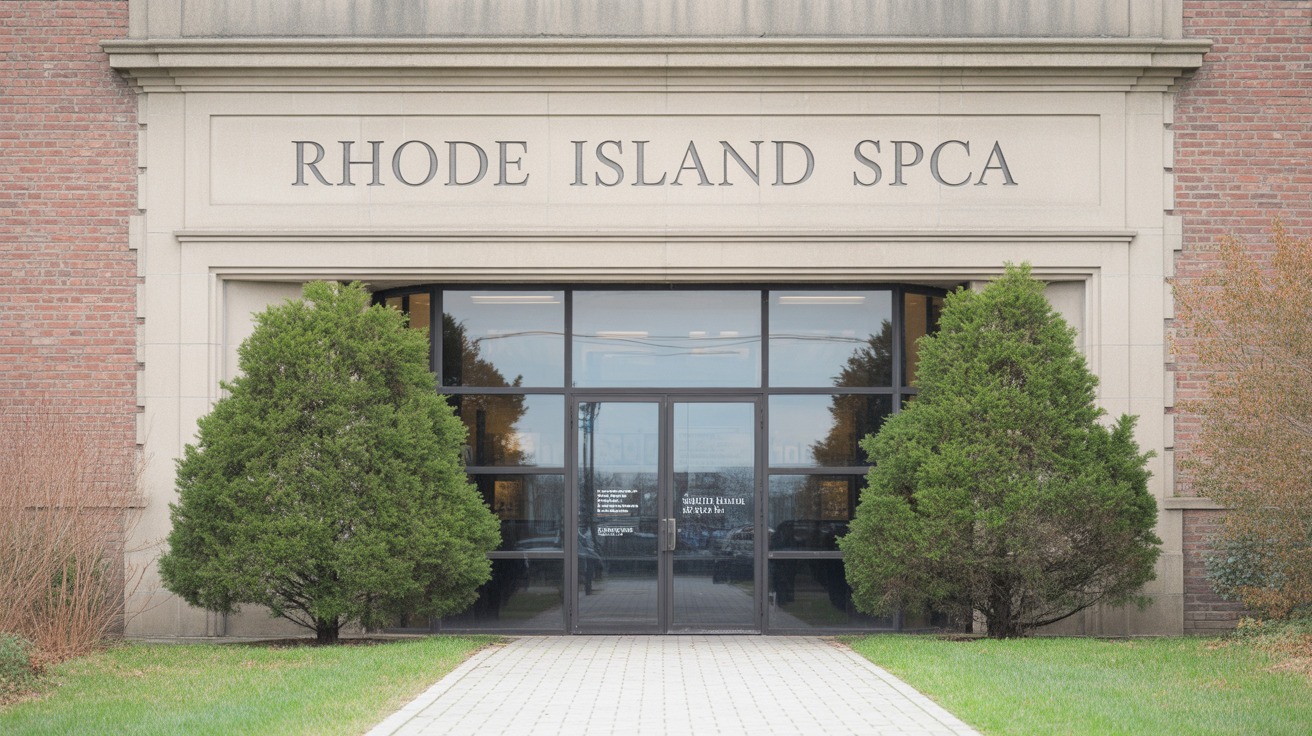Are Expensive Dogs Worth It? A Comprehensive Guide
Owning a dog—regardless of breed or cost—is a significant commitment. But what makes some dogs so expensive? And more importantly, are expensive dogs truly worth the investment? This article delves into the financial, emotional, ethical, and practical perspectives of buying costly dog breeds.
Factors That Make Dogs Expensive
Several factors contribute to the high price of some dog breeds:
- Specialized Breeding: Producing dogs with desired traits often involves careful, costly breeding methods.
- Pedigree and Lineage: A strong bloodline, especially with award-winning ancestors, increases a dog’s value.
- Rarity: Breeds with small populations or limited breeders command higher prices.
- Location: Prices vary depending on demand and availability in different regions.
- Training: Some breeders offer pre-trained dogs, which adds to the cost.
The Most Expensive Dog Breeds
Below are some of the world’s priciest dog breeds, with initial costs ranging from $1,500 to over $14,000:
- Samoyed
- Löwchen
- Chow Chow
- Tibetan Mastiff
- Akita
- Pharaoh Hound
- Canadian Eskimo Dog
- Azawakh
- Rottweiler
- French Bulldog
Lifetime Costs of Ownership
Whether purebred or mixed, all dogs require ongoing care. However, high-end breeds typically cost more over a lifetime due to their needs:
- Veterinary care: Specialist care or breed-specific health issues can raise expenses.
- Grooming: Breeds like the Afghan Hound require regular professional grooming.
- Food: Larger breeds or high-activity dogs consume more premium food.
- Training: Some breeds need advanced obedience or behavioral training.
Total lifetime costs can range from $10,000 to over $50,000 per dog.
Health Considerations
Selective breeding for appearance has led to higher prevalence of genetic health issues in purebred dogs:
- French and English Bulldogs often suffer from respiratory problems.
- German Shepherds can develop joint issues like hip dysplasia.
- Large breeds may suffer from heart and mobility issues.
These concerns can lead to higher veterinary bills and emotional distress for the owner.
Adoption vs. Purchase
Adopting a dog from a shelter is a financially and ethically sound choice. Around 25% to 30% of shelter dogs are purebred and often come already spayed or neutered and vaccinated.
- Lower cost: Adoption fees are much lower than breeder prices.
- Health benefits: Vaccination and sterilization are typically included.
- Ethical consideration: Helps reduce overpopulation and support humane practices.
Why People Buy Expensive Dogs
Buyers often cite the following motivations:
- Desire for specific traits (size, coat, temperament)
- Participation in dog sports or shows
- Professional use (e.g., service dogs, therapy animals)
- Aesthetic or emotional preferences
Ethical Considerations
It’s vital to buy from
reputable breeders who prioritize animal welfare. Indicators of responsible breeding include:
- Health guarantees and genetic testing
- Socialization and proper early care
- Contracts that ensure long-term care or return policies
Avoiding puppy mills and backyard breeders prevents exploitation and poor animal welfare.
Is it Worth It?
In conclusion, expensive dogs can be worth the cost for owners who value
predictable traits,
specific abilities, and can afford the
long-term commitment. However, every dog demands a strong emotional, ethical, and financial investment—regardless of its price.
Adoption is a more economical and compassionate option that offers many of the same joys. Ultimately, the value of a dog lies in the bond it shares with its owner—not just the price tag.





